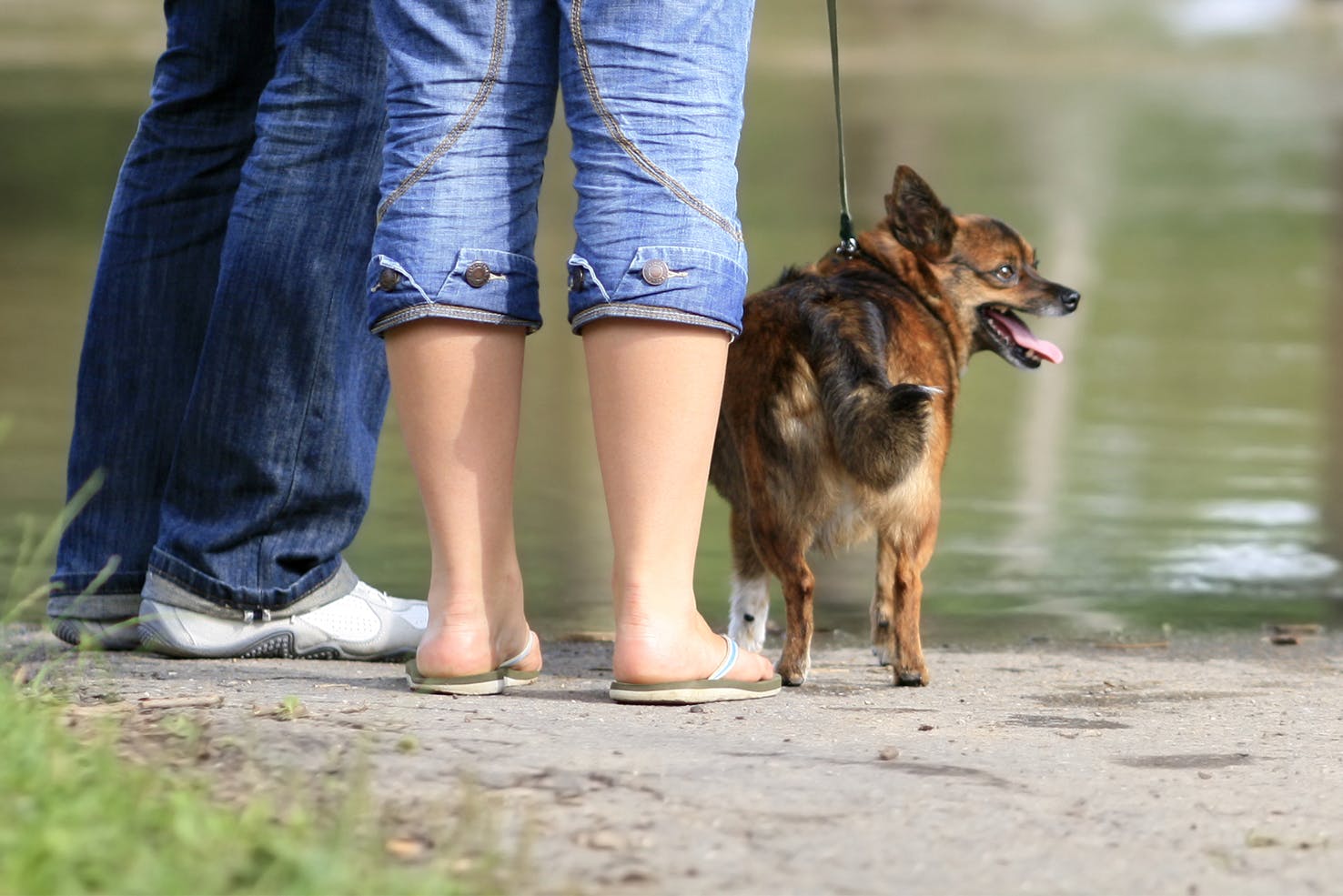
Written by hannah hollinger
Veterinary reviewed by:
Published: 08/06/2019, edited: 07/31/2023
By Elizabeth Racine, DVM
Many people have an emergency plan for their families, but have you considered how your pets will factor into your plan? Any situation that's not safe for you is likely to be unsafe for your dog, too. The best way to protect your pets is to make sure they're included in your family’s emergency plan. Here are just a few things to consider as you prepare for emergencies with your pet in mind.
Identification for your dog
Pets and owners are frequently separated during emergencies. You can help ensure your dog is returned to you by keeping any identifying information up to date. Your dog should have a collar with ID tags including your name and phone number. Your dog should also have a microchip. Most importantly, remember to register your dog’s microchip and keep your contact information up-to-date! This can usually be done on the microchip manufacturer’s website.
It's also a good idea to keep copies of your dog’s medical records and a few recent pictures in an easily accessible place. This way you will have all the information you need to identify your dog to shelters or animal control officers if you do get separated.
Are you ready to go?
If you're advised to evacuate your home, you should take your pets with you if it is at all possible for you to do so. Remember, if the situation isn't safe for you, it isn't safe for your dog! You'll need to pack an evacuation bag for your dog that includes important items such as medications, medical records, appropriate means of restraint (such as a crate or harness and leash), comfort items such as toys and bedding, and enough food and water for at least three days. It's a good idea to have the items packed in advance so you and your dog can make a quick getaway if necessary.
Many emergency shelters now accept pets, but they can fill up quickly. Have a plan in place that outlines where you and your dog will go in the event of an evacuation. Keeping a list of pet-friendly shelters and hotels in your pet’s evacuation bag will ensure you have other options in case your first choice is full.
In some cases, it may be impossible for you to return home prior to evacuating. Designating a friend or neighbor who lives nearby to care for your dog will not only help keep the pet safe, but will also give you peace of mind.
How do you treat dog injury?
If injured during an emergency, your dog should be evaluated by a veterinarian as soon as possible. Injuries are often more serious than they look, and some dogs are particularly good at hiding their pain. If you're not able to seek immediate veterinary care, having a pet first aid kit
https://www.aspcapro.org/resource/saving-lives-shelter-health-poison-control/how-make-pet-first-aid-kit
Preparedness is critical
We all hope our pets will never fall victim to an emergency,
but it's still important to be prepared in case disaster strikes. By keeping your dog’s identification
up-to-date and having a comprehensive emergency plan in place, you and your dog
will be ready to weather any storm!
Comments (0)
Leave a comment
Related articles
About Wag!
© 2025 Wag Labs, Inc. All rights reserved.
About Wag!
© 2025 Wag Labs, Inc. All rights reserved.
Security
© 2025 Wag Labs, Inc. All rights reserved.